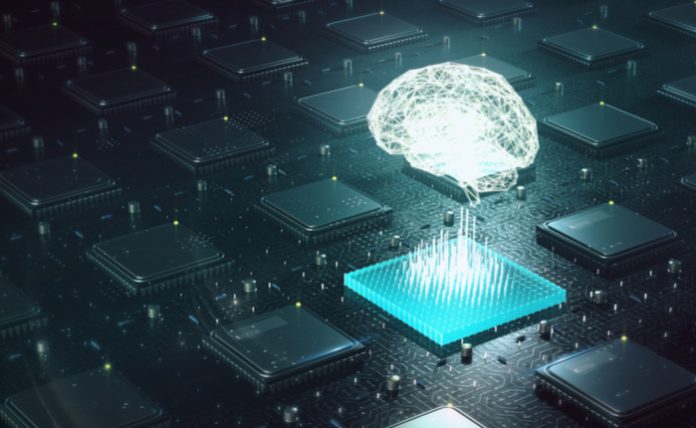While many of the most enthusiastic Bitcoin investors are focused on technical progress like the evolution of exchanges, retailer adoption and government buy-in, others are focused on the broader idea of blockchain as a principle of today’s modern world.
“Human imagination and the strive to turn science fiction into science fact goes back to ancient times, but has only truly begun to manifest itself in the last 50 years,” writes Julia Magas in Cointelegraph today, in an unusual zeitgeist piece that talks more broadly about much of what we have seen going on around the new technologies. “Though mostly unseen by average users, artificial intelligence (AI) is already deeply embedded in the basic processes people have become accustomed to. … Blockchain technology has come to the forefront in much the same way AI had, through a long development process full of trials, tribulations, ignorance and triumphs over skeptics and critics alike.”
In detailing what she calls the “Fourth Industrial Revolution,” BB points to three governments as early adopters of new technologies – Malta and the United Arab Emirates, as well as the United States.
However, notably in Magas’s coverage, while the UAE’s National Program for AI and Blockchain Capacity Building and Malta’s Blockchain Island initiative have specific reference to blockchain as a medium, American AI Initiative that BB reports was signed by Trump February 11 in an executive order does not directly reference blockchain.
This makes sense, in a way, because blockchain is a more obscure and technical form of innovation than artificial intelligence as a whole.
It’s easy for Americans and others to latch onto the concept of artificial intelligence “doing smart things” without understanding how blockchain will specifically facilitate decentralize payment systems.
It is utterly true that AI and blockchain are two ‘big’ technologies that are here to revolutionize the world itself and the way we perceive it.,:” writes Vlad Kostanda on Quora, before diving into a definition of blockchain for the uninitiated. “The main thing is that blockchain means safe, transparent, fast and cost-efficient transactions. It has its advantages and disadvantages, though. AI is here to solve some of the disadvantages.”
Other analysts are pointing out that where humans can get their heads together and ultimately merge blockchain and AI, the first could end up providing guidance for the other.
“The AI black-box suffers from an explainability problem,” writes Francesco Corea on Medium. “Having a clear audit trail can not only improve the trustworthiness of the data as well as of the models but also provide a clear route to trace back the machine decision process.”
Look for more on the combination of these two powerful areas of fintech advancement as 2019 progresses.










